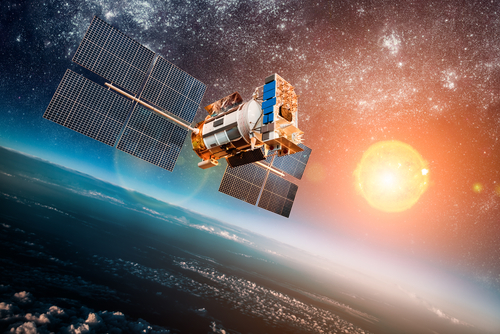
Currently, the world is still reckoning with how the endless expanse of outer space fits into its terrestrial-focused economic structure, but the Space Infrastructure Act introduced in the House last week seeks to take a crack at it by filing space systems, services and technology under critical infrastructure.
U.S. Reps. Brian Fitzpatrick (R-PA), Ken Calvert (R-CA), Salud Carbajal (D-CA), and Ted Lieu (D-CA) introduced the bill to direct the Secretary of Homeland Security down a new path.
“Our space-based assets are critical to our national security and economic stability,” Fitzpatrick said. “As we navigate threats to our nation from our adversaries, it is important that we are forward-thinking in the protection of our critical infrastructure, which includes space.”
Currently, DHS oversees 16 sectors of designated infrastructure, from water, to communications and energy. While space’s role has been considered in the past, currently it’s filed under a patchwork of everything. Therefore, the Space Infrastructure Act is, by and large, an attempt at categorization, sliding space under the critical infrastructure sector.
“Space is infrastructure,” Lieu said. “So many things we rely on, such as navigation systems, banking, and communications systems, function with the help of technology in space. Designating space as a critical infrastructure sector would help ensure the industry receives the attention and resources it needs, thereby strengthening our national security.”
The bill was also backed by members of the Cyberspace Solarium Commission and the Space Foundation.




